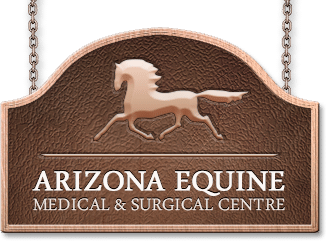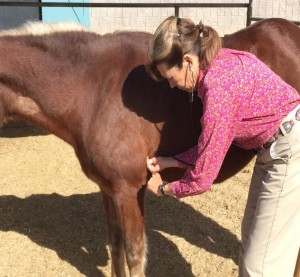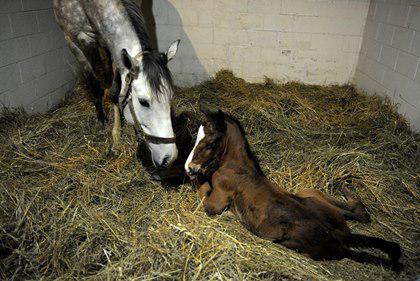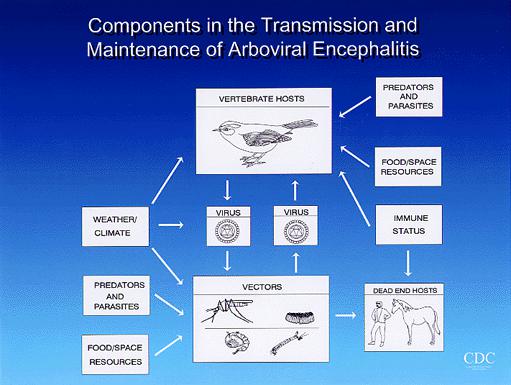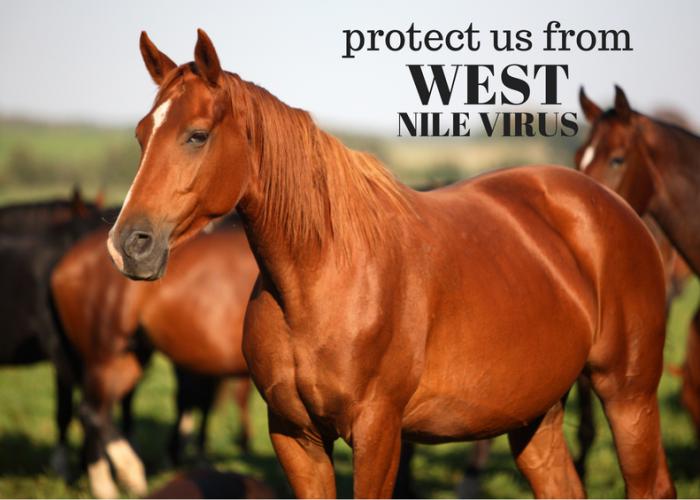30 Sep Western Milling LLC Voluntarily Recalls Western Blend Horse Feed, Lot 5251 Due To Potential Monensin Contamination
Contact: Consumer: 1-559-302-1062 FOR IMMEDIATE RELEASE — September 25, 2015 — GOSHEN, CA — Western Milling announced today that it has voluntarily recalled 50 lb bags of Western Blend horse feed, LOT 5251, manufactured on September 8, 2015. This voluntary recall was initiated by Western Milling after it...
